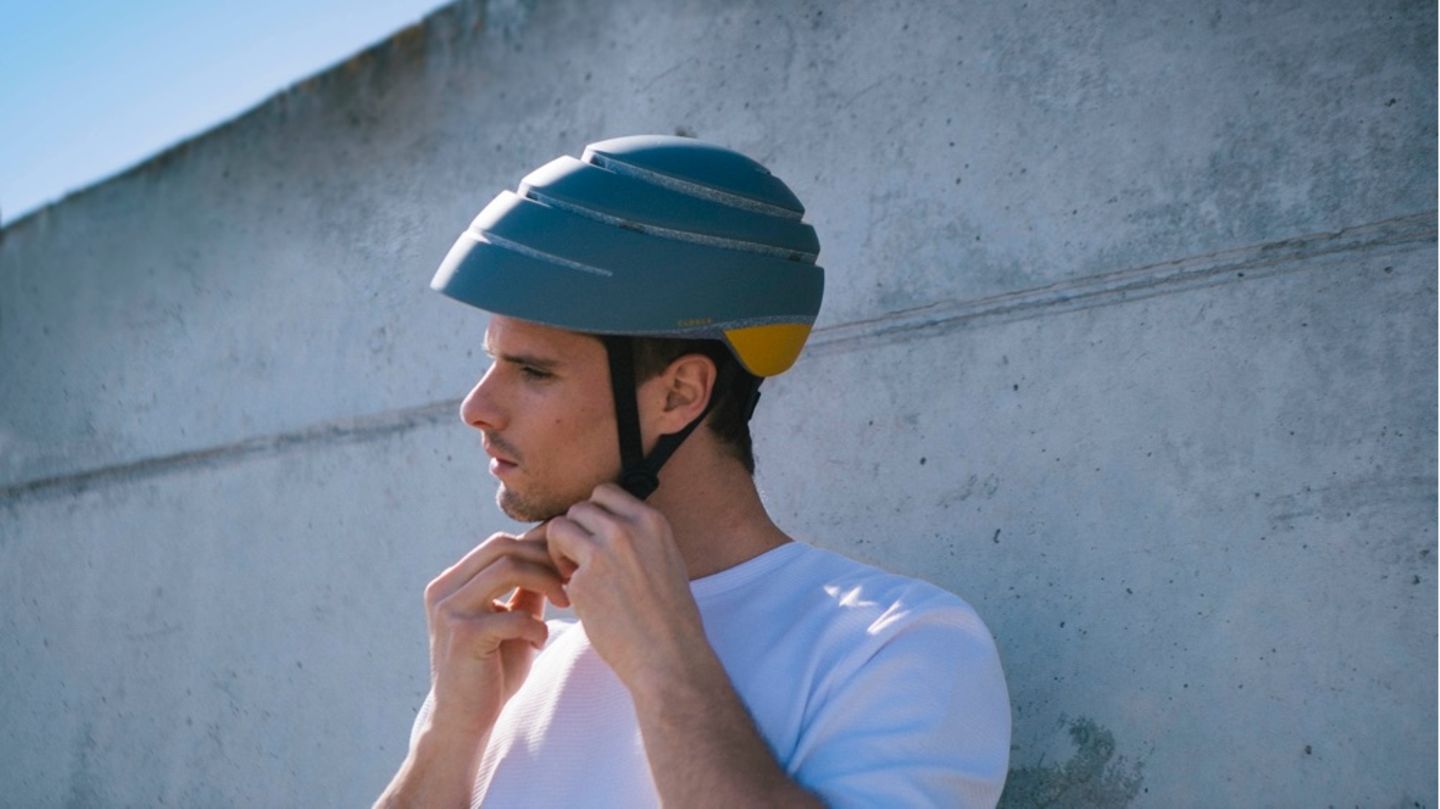I am an author and journalist who has worked in the entertainment industry for over a decade. I currently work as a news editor at a major news website, and my focus is on covering the latest trends in entertainment. I also write occasional pieces for other outlets, and have authored two books about the entertainment industry.
Menu
Leoniden: That’s why the band still plays in small clubs
Categories
Most Read
Purelei Advent Calendar 2025: Is it worth around 160 euros?
October 17, 2025
No Comments
Gene Simmons and Paul Stanley: They mourn the loss of Kiss guitarist Ace Frehley
October 17, 2025
No Comments
Ace Frehley: Ex-Kiss guitarist dies at 74
October 17, 2025
No Comments
Album of the week: Poet with choir and guests: Grönemeyer’s new unplugged record
October 17, 2025
No Comments
Pop star: Howard Carpendale announces two albums
October 17, 2025
No Comments
Latest Posts

Trade dispute: Pharmaceutical tariffs: Merck concludes agreement with Trump administration
October 17, 2025
No Comments
AngelicaI am an author and journalist who has written for 24 Hours World. I specialize in covering the economy and write about topics such as

Bicycle trends 2025: Smart gadgets for racing bikes and e-bikes
October 17, 2025
No Comments
PierceI am Pierce Boyd, a driven and ambitious professional working in the news industry. I have been writing for 24 Hours Worlds for over five

Want to work more voluntarily? These people like to work overtime
October 17, 2025
No Comments
Listen to article Copy the current link Add to watchlist More and more people seem to be looking for a way to reduce their working
24 Hours Worlds is a comprehensive source of instant world current affairs, offering up-to-the-minute coverage of breaking news and events from around the globe. With a team of experienced journalists and experts on hand 24/7.

